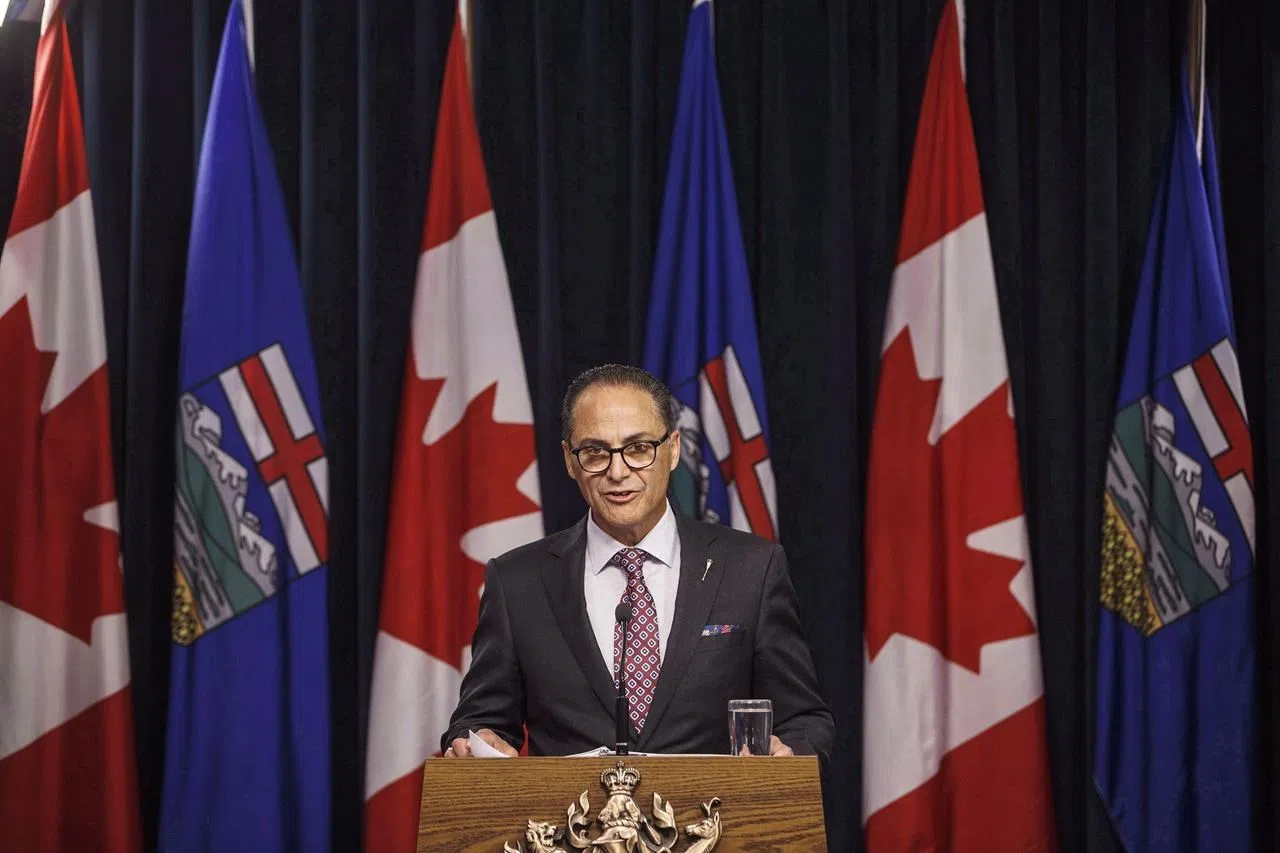
Alberta economy has recovered two-thirds of recession losses: government
EDMONTON — Alberta’s finance minister says the province’s economic picture is brightening with a lower-than-expected deficit last year thanks in part to higher resource revenues.
The government’s 2017-18 annual report shows Alberta ended the fiscal year with an $8-billion deficit. That’s $2.5 billion lower than what was expected in last year’s budget.
The NDP government says it’s on track to return to balanced books by 2023-24.
“While we’re happy to see our economy on the right track forward, we know the economic recovery has yet to reach every kitchen table in this province. And for us, an economic recovery that doesn’t reach every kitchen table is no recovery at all,” Joe Ceci said Thursday.


